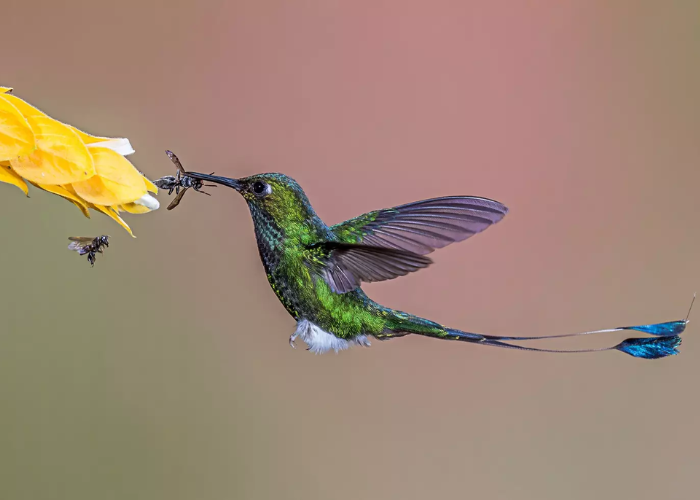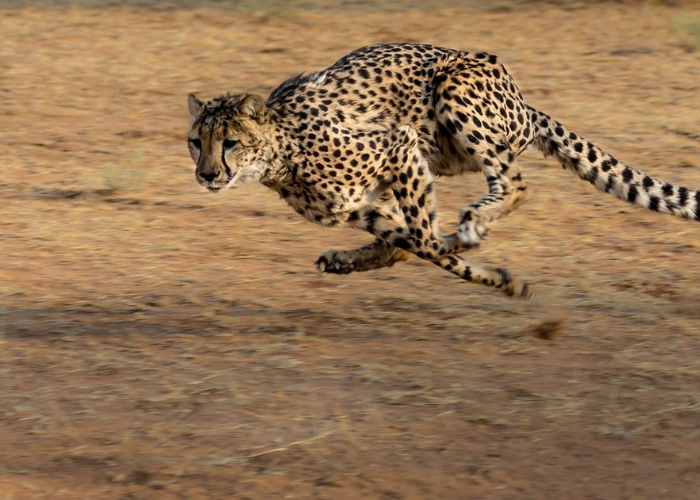Hummingbirds have long captured the imagination of nature enthusiasts and researchers alike, with their dazzling colors, rapid wingbeats, and delicate appearance. These tiny creatures are known for their insatiable appetites and their preference for nectar-rich flowers. However, a curious question often arises among birdwatchers and wildlife enthusiasts: do hummingbirds eat mosquitoes? In this article, we will explore the intricacies of hummingbirds’ diets, their feeding habits, and whether they play a role in controlling mosquito populations.
The Hummingbird Diet: A Sweet Affair
Hummingbirds are renowned for their unique feeding habits, primarily consisting of nectar from flowers. Their remarkable agility allows them to hover in mid-air, extending their long, specialized bills and even longer tongues into flowers to extract the nectar. This nectar serves as their primary source of energy, providing the high-calorie intake required to fuel their rapid wingbeats, which can range from 50 to 80 beats per second.
To supplement their nectar-based diet with essential nutrients like proteins and amino acids, hummingbirds also consume insects and spiders. These insects are an essential part of their diet, providing them with the necessary nutrients for growth, reproduction, and overall well-being. However, the type and quantity of insects consumed can vary significantly between different species of hummingbirds.
The Myth of Mosquito Munching
The idea that hummingbirds consume mosquitoes has circulated among enthusiasts and casual observers for years. The image of these tiny birds zipping through the air, capturing pesky mosquitoes in their beaks, is undoubtedly appealing. However, scientific evidence suggests that the reality is quite different from this popular notion.
While hummingbirds do feed on insects, their preferred insect prey tends to be small spiders, gnats, fruit flies, and other tiny insects that are easily captured in mid-air or plucked from leaves and webs. The size and agility of mosquitoes make them a less likely target for hummingbirds. Additionally, mosquitoes are most active during dawn and dusk, while hummingbirds are less active.
Feeding Behavior: What Do Hummingbirds Eat?
Hummingbirds’ feeding habits depend on their geographical location, the available food sources, and their specific dietary requirements. The diet of a hummingbird is a complex interplay between floral nectar and various insects.
- Nectar: Nectar from flowers is the mainstay of a hummingbird’s diet. Their long bills and extendable tongues are perfectly adapted to reach deep into flowers to access the nectar. This sugary substance provides them with the energy needed for their high metabolic rate. Hummingbirds are drawn to brightly colored, tubular flowers, as these shapes are best suited for their feeding mechanics.
- Insects: Insects are an essential supplement to the hummingbird diet. They provide crucial nutrients that nectar alone cannot offer. Hummingbirds are skilled insect hunters, using their impressive agility to catch insects in mid-air or glean them from leaves. While mosquitoes are not a primary target, small insects like gnats, fruit flies, and spiders are frequently consumed.
- Tree Sap: In some cases, when nectar sources are scarce, certain hummingbird species may feed on tree sap. This behavior is more commonly observed in tropical regions where nectar-rich flowers may not be available year-round.
- Fruits: While less common, some hummingbird species also consume fruit juices. They may use their bills to pierce the skin of ripe fruits and feed on the juices within.
Role in Mosquito Control: Fact or Fiction?
The notion that hummingbirds could play a significant role in controlling mosquito populations is an intriguing one. Mosquitoes are notorious vectors of diseases such as malaria, dengue fever, and Zika virus. If hummingbirds were indeed mosquito predators, they could potentially contribute to reducing the prevalence of these diseases.
However, scientific research has shown that the impact of hummingbirds on mosquito populations is likely minimal. Mosquitoes are generally small and swift insects, making them challenging targets for hummingbirds. Moreover, mosquitoes are most active during the times when hummingbirds are less active, further reducing the likelihood of significant interactions between the two.
Conclusion: Celebrating Nature’s Unique Wonders
While the idea of hummingbirds acting as natural mosquito predators is a captivating concept, the truth is that these tiny birds have a more specialized diet focused on nectar and small insects.
Their vibrant presence in gardens and natural habitats contributes to the pollination of flowers and the delicate balance of ecosystems. Instead of relying on hummingbirds to control mosquito populations, it is essential to employ effective mosquito control methods to minimize disease transmission.
As we continue to unravel the mysteries of the natural world, let’s marvel at the beauty and uniqueness of each species, appreciating hummingbirds for their remarkable adaptations and role in maintaining the diversity of life on Earth.



